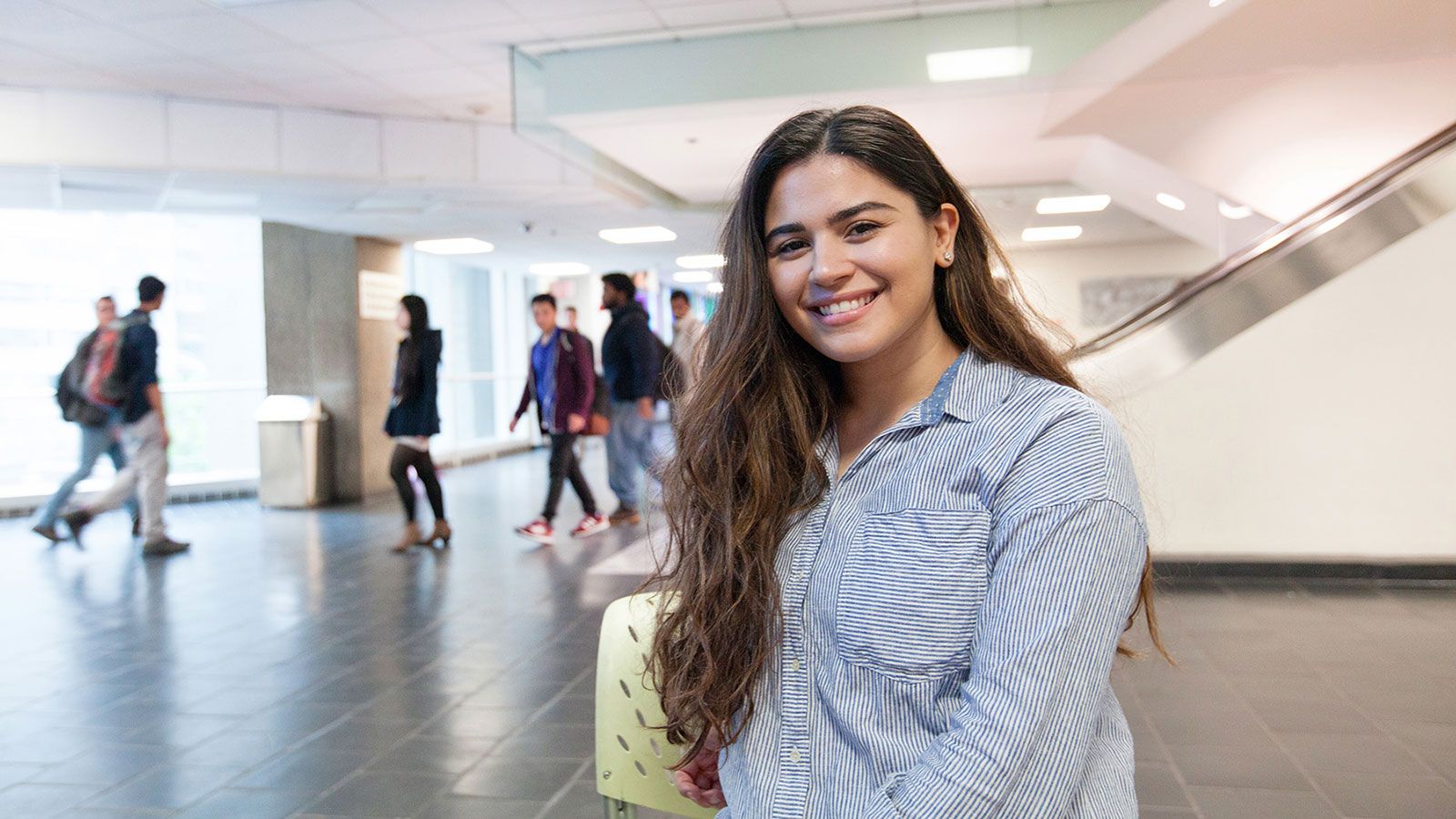My Story
Before this war nobody in the States knew much about Syrians, because Syrians never had a reason to leave their country. I was born and raised here, but I'm very, very tied to Syria. My dad and a friend came here to finish medical school. There’s this small group of doctors from Aleppo, Syria that are working now in the States doing amazing things. They're all like super heroes. One of my Dad’s friends runs an organization called Smiles. I followed them on Facebook for months; I would constantly check their feed and see these pictures of refugees that just moved me entirely. But pictures weren’t enough. I felt I couldn’t understand the whole picture, so I said “what the heck, I am just chilling in my bed right now, and if I'm not going to do something I don't know how we can expect anybody to do anything.” So I reached out to my Dad’s friend and I said I want to go help. He agreed to it, as long as my Dad agreed – which he did, despite being very worried.
I got the whole community involved. I let everyone know I was going and most people were thrilled because they could trust me, because there are dozens of organizations that are claiming to help the refugees, but a lot of them are taking money to fund the organization itself and not helping the refugees. I wouldn’t call it stealing, but it’s definitely not what a lot of people think they’re getting with their donation money. What I was doing was much more grass roots, volunteer-based. Initially, medical volunteers were sent because people were coming off of the boats in Lesbos, Greece, injured. But they also needed more Arabic speakers, because, believe it or not, there were actually very few Syrian refugees when I was there. I should have expected it. When there's an open border situation anybody is going to try to take advantage of that. I was seeing Afghani's, Iraqi's, and Moroccans, but the most were Iranian's speaking Persian. Our team was all stunned. It was crazy. They all claimed to be Syrian. They adopted this kind of false identity of being Syrian, because of the preferential refugee status Syrians received by fleeing a worn torn country. That’s when security started to get really tight. It would break my heart because I understand exactly what was going on. Maybe they're not fleeing war, but they're fleeing something. This is human nature. I ended up staying in Lesbos for a total of 10 days. I helped with translation and I just basically worked under the hands of the doctors and nurses. It was an insane experience. But the funny thing is, I realize I was less nervous there than I am here right now. I have one semester to go and I’m still so intimidated by teaching. I have a very practical father, and he influences me to think very practically about everything. Teaching, and special education especially, is practical: after school I have a job, it's good, and I'm giving back. I could have done my Ph.D. in anthropology and it could have made me happier in the moment, but at the end of the day, special education is something that is just so good and valuable, and there's such a shortage of special education teachers. I grew up with a younger sister that has an IEP, an individualized educational program, which means she gets extra help and has a learning disability. Initially, she inspired me to want to know more about this and how I could help her. My advisors recommended that I pursue special education, and I’m glad I did. Before it was scary. You hear the word disability and you think the worse. But now I understand a learning disability is only limiting inside the classroom. Face-to-face my sister is extremely creative and very thoughtful. In many ways she’s advanced for her age. Yet, in the classroom, she gets anxiety. The learning disability simply means that she can't go the conventional route in school. It means that learning-disabled people actually need intensive instruction. It means that they probably need a little bit more time. Just more, a little bit more.

